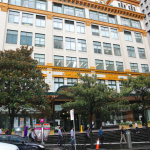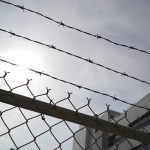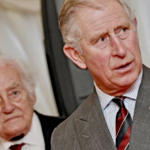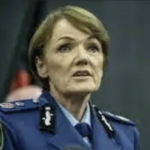Predator Dentist Allowed to Work with Children
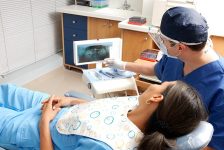
By Blake O’Connor and Ugur Nedim
Australia is renowned for its strong approach to border protection, with tough immigration laws making it difficult for many to settle in our country.
However, government authorities have been criticised after allowing a dentist convicted in the United States of several child sex offences to live and work here.
This news comes as the Health Care Complaints Commission (HCCC), the governing body that disciplines medical practitioners, has been blasted over its seemingly lenient treatment of doctors who engage in misconduct – this year alone, the HCCC has made adverse findings against 56 practitioners, permanently banning none of them. In the 2015 / 16 year, the Commission allowed 73 doctors with drug and alcohol issues to continue practising.
Predator Dentist
Dr Arvin Bartolazo came across as a successful dentist in the United States and Australia. However, he was hiding a dark secret that many believe our authorities should have picked up on.
In August 1990, the doctor was arrested and convicted in Pennsylvania for indecent assault, corruption of minors and endangering children. The charges arose from inappropriate sexual conduct towards four patients, two of whom were under the age of 16 years. As a result, the dentist was sentenced to six months’ imprisonment.
Despite this, he managed to enter Australia and successfully register as a dentist in August 2005, going on to work for two prominent medical practices in Sydney for a total of seven years.
Dr Michael Fitzgerald, who had employed Dr Bartolazo without knowing about his prior convictions, said:
“He was touching up children overseas; really awful stuff and we had no idea because his record in Australia was so clean”.
The dentist’s sordid history was only detected after he was charged with two counts of indecent assault and common assault in July 2010, after complaints were made by two female staff members. Those charges were ultimately dismissed in court.
The dentist was eventually suspended from practising for two years in 2013 for lying on his registration papers and working for two years without registration, but as of August last year has been able to reapply for a licence.
The case appears to be an example of the failure of the government’s current systems of immigration and registration checks and oversight – a situation which can potentially put kids and other members of the public at risk. Many have also criticised the Dental Tribunal of NSW’s decision to suspend Dr Bartolazo for two years, rather than ban him permanently.
Concerns have been expressed that the doctor may apply and be granted a new licence.
Lenient treatment of medical practitioners
This is not the first time the HCCC has come under fire over its seemingly lenient treatment of practitioners.
Earlier this year, Dr Sunil Dan was hauled before the Commission for prescribing inappropriate medication to a pregnant woman in 2012, who then went on to lose her baby. For this, he was directed to avoid obstetrics but allowed to continue practising in other areas.
And in 2012, Dr Ong Ming Tan was convicted of aggravated indecent assault after performing sexual acts on four women he had been treating for eating disorders. The victims were among more than a dozen women who made complaints against Dr Tan over a period of 18 months, but the Commission failed to act until after the doctor was sentenced to 30 months in prison. To make things worth, the Commission declined to permanently ban the doctor, instead suspending him for five years’.
Health Practitioner Regulation
In Australia, health practitioners are subject to the Health Practitioner Regulation National Law (NSW), Part 8 of which gives the HCCC power to discipline practitioners for ‘unsatisfactory professional conduct’ or ‘professional misconduct’. Penalties for adverse findings range from warnings through to permanent bans from practice.
Professional misconduct is reserve for the most serious transgressions, and is defined as ‘unsatisfactory professional conduct of a sufficiently serious nature to justify suspension or cancellation of the practitioner’s registration’.
Many are concerned the current lax system of checking medical registrants – combined with the HCCCs seemingly lenient treatment of practitioners who engage in inappropriate or dangerous conduct – creates a significant ongoing risk to members of the public, while doing little to deter to would-be offenders.
Image credit: Daily Telegraph
Receive all of our articles weekly
Author

